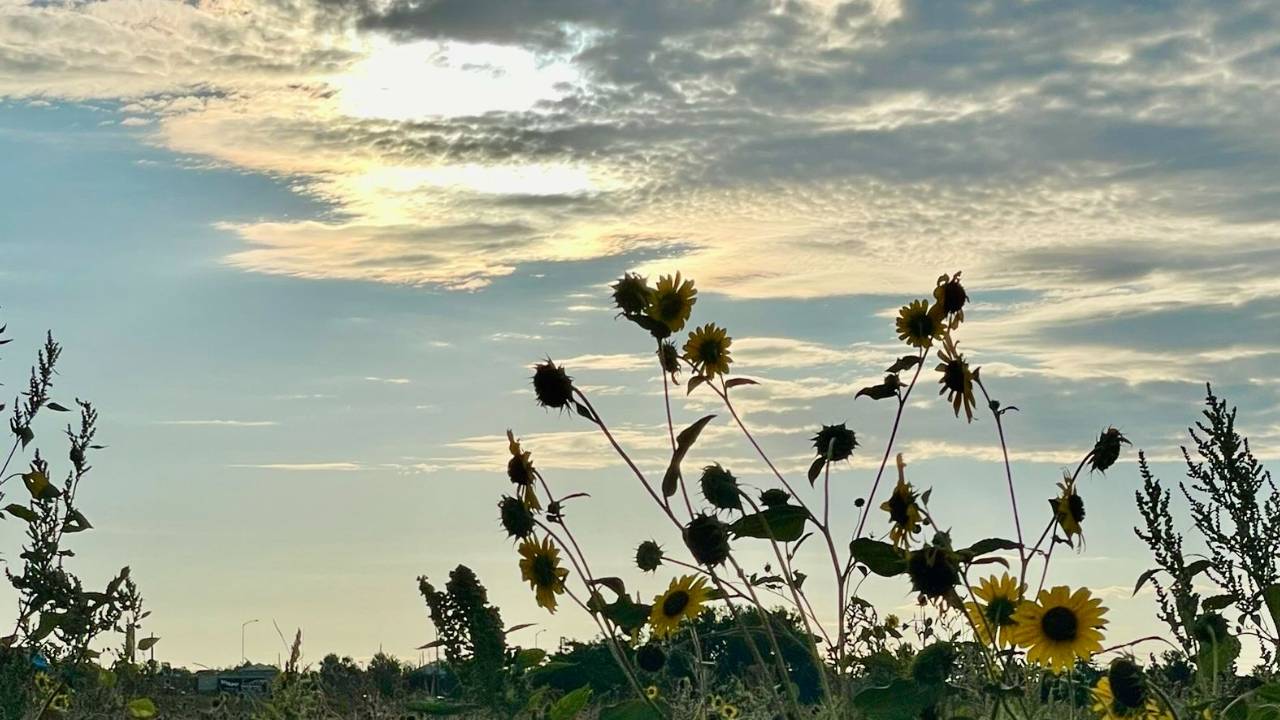
“Recovering memory is more like picking up shards of your past. But even that can be beautiful, because they can be reassembled as a mosaic, which, as the author Terry Tempest Williams says is, ‘a conversation between what is broken.’”
—Suleika Jaouad, The Book of Alchemy
When you think about your story, what memories are most present? Which ones do you rely on to define you? Which ones do you dismiss? Wishing they never happened. Do you focus more on the “good” memories? The joyful? Or are you stuck in the ones filled with regret, trauma, stress or loss? The ones that, in surviving them, helped you grow and become more resilient. But are usually recalled as moments you associate with failure or situations that left you shamed or heartbroken.
As with most things in life, memory is not something you can put into one box or the other. These are “good”, those are “bad.” Yet, we do. Sadly, if we were to count the memories in both boxes, the good would most likely outweigh the bad. But we spend much more time digging into the “bad” box than the good. So very human of us all to focus on what we don’t have, what we didn’t do and what didn’t happen, or did, but not the way we planned, then on what we DO have right here, right now, today.
I love the concept of reassembling our memories like a mosaic. Taking the pieces and parts of the past and putting them together in a way that makes sense to who we are today. Memory is not a recording. Something to be played on repeat reminding us of our past mistakes or traumas. It is a reflection. A reconstruction. A re-telling of what once was. We can and should honor our memories but not live in them. As Terry Tempest Willams says above, they can become “a conversation between what is broken,” but the conversation also needs to include what each broken aspect contributed to the whole.
The word “remember” comes from the Latin rememorari, a combination of:
- "re-" meaning again
- "memor" meaning mindful or mind
Etymologically, “remember” means “to be mindful again” — to bring something back into the mind. What does it mean to re-member? While not its literal etymology, many people break the word re-member into a metaphorical or symbolic meaning: "to put the pieces back together" — as if we are re-assembling parts of ourselves, our past, or our story. Creating that mosaic; that conversation.
In this metaphorical sense:
- Re- = again
- Member = a part, a limb, or a piece of a whole
Re-membering is an act of reclaiming and reintegrating lost or disowned parts of ourselves — a psychological and spiritual reconstruction. Memory isn’t just a recording device. It’s selective, emotional, and meaning-driven.
The way we remember shapes our identity. We construct who we are from the stories we remember and how we talk about ourselves. It informs our behavior and drives our beliefs, fears and habits. Memory can trap or liberate us. We can cling to memories that validate our pain or shame. OR we can learn to reinterpret them transforming each one into sources of strength. In healing, recovery, and growth, how we remember matters as much as what we remember. Memory routinely needs to be re-examined, reframed, and released. Especially when it no longer serves us. Then we can move from being stuck in our story to actively rewriting it.
This is what happens when we look at memory through the lens of curiosity. What might a particular memory teach us? Not about the past, but about who you are today? Can you find a thread of insight? A whisper of wisdom? Even if the memory is distorted or incomplete, it still holds the potential to show you something. About your needs…your values…your patterns…your strength. You don’t need to erase the memory, you don’t need to rewrite it, you simply need to relate to it differently. We cannot change the past, but HOW we view it can change us.
Memory becomes one piece of our story, not the author of it. We no longer need to hold on to specific events. We have listened. We have learned. We have integrated. We need to consistently remind ourselves that we are not our past, we are not only what we remember, we are who we CHOOSE to become. Moment by moment. We can carry our memories with curiosity, not certainty. The past can inform us without defining us. We can live in today with awareness, with compassion, and with choice.
And…. we can dig into the “good” box more often. It does contain more than the “bad” box, but because the good memories feel easier, we don’t spend as much time trying to figure them out or rewrite them. Be as grateful for the good memories, spend as much time there, as you have for the ones you have agonized over. They both need to live in our lives. And as you lay down new memories, see them not as the be all to end all, but as the building blocks of your next chapter. Here to teach, inform, and help you grow. Perspective is everything.
Stay connected with news and updates!
Join our mailing list to receive the latest news and updates from our team.
Don't worry, your information will not be shared.
We hate SPAM. We will never sell your information, for any reason.

